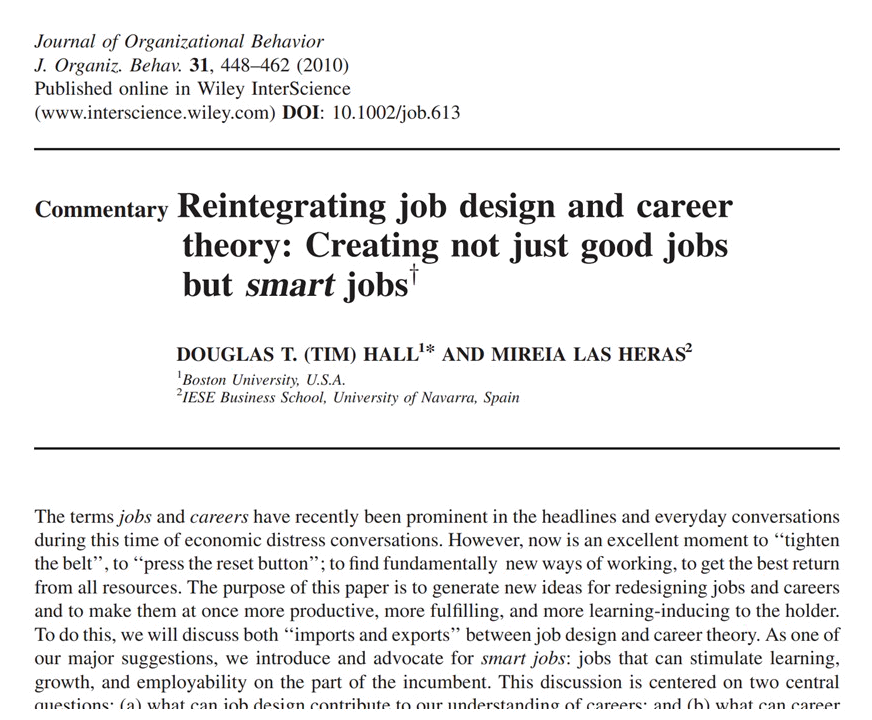Careers
Leaving a mark in the world. Developing one’s passion.
The career is the sequence of work experiences that a person has over the lifespan (M. B. Arthur, Hall, & Lawrence, 1989). Since one’s career has such a potent impact on how a person defines himself or herself, the career has great potential for creating highly significant positive or negative personal experiences. There are two main ways that one can observe a career: from the inside and from the outside. The inside view, from the perspective of the individual, is called the subjective career and is the individual’s perception and personal experience of the events and meaning of the career. The outside view, called the objective career, is the events (e.g., promotions, job assignments) and career outcomes (e.g., pay and other rewards) that an outside observer can see.
Much of the careers research to date has focused on the objective career.
A career has the potential to provide a sense of purpose, personal growth, and fulfillment. The papers in this section study career form the standpoint of positive psychology. Positive psychology is the “scientific study of what goes right in life, from birth to death and at all steps in between” (Peterson, 2006). The studies that follow are highly congruent with the perspective of positive psychology and positive organizational scholarship.
Career success across 11 countries: implications for international human resource management
Abstract
This qualitative study examines perceived meanings of career success across 11 countries. The results show that people define career success in ways that enrich and illuminate the basic dichotomy of objective and subjective career success and establish their relative strengths across countries. Juxtaposing our data with human resource management (HRM) practices, we contribute to the universalist versus contextualist debate in HRM by adding the career management angle. We shed light on the relative importance of cultural and institutional factors for HRM in the area of careers and add a global perspective to the discussion about agentic careers. In our discussion we offer practical suggestions for multinational companies including how to individualize HRM to address diverse views of career success.
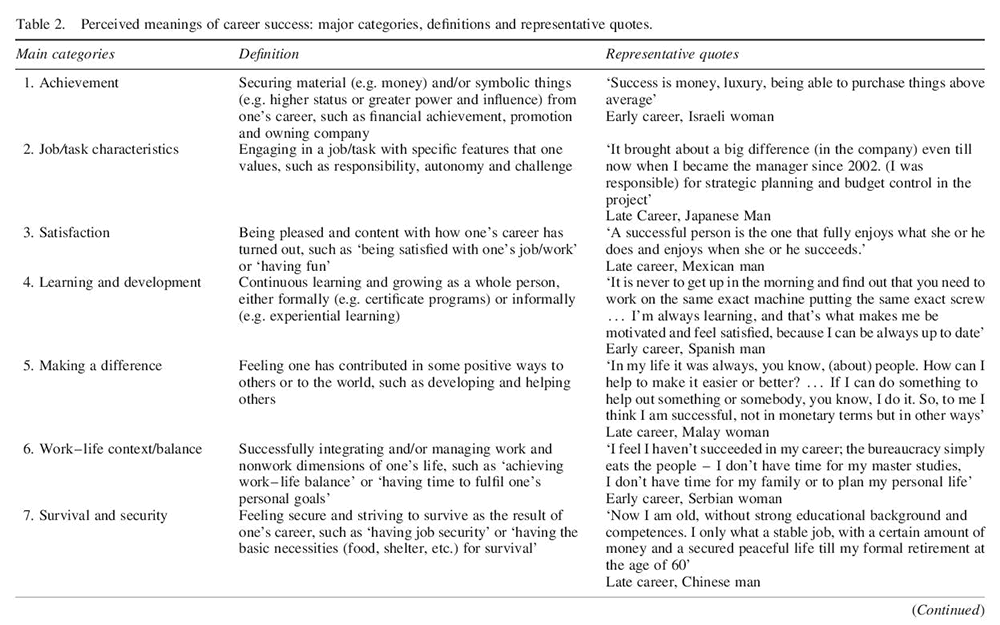
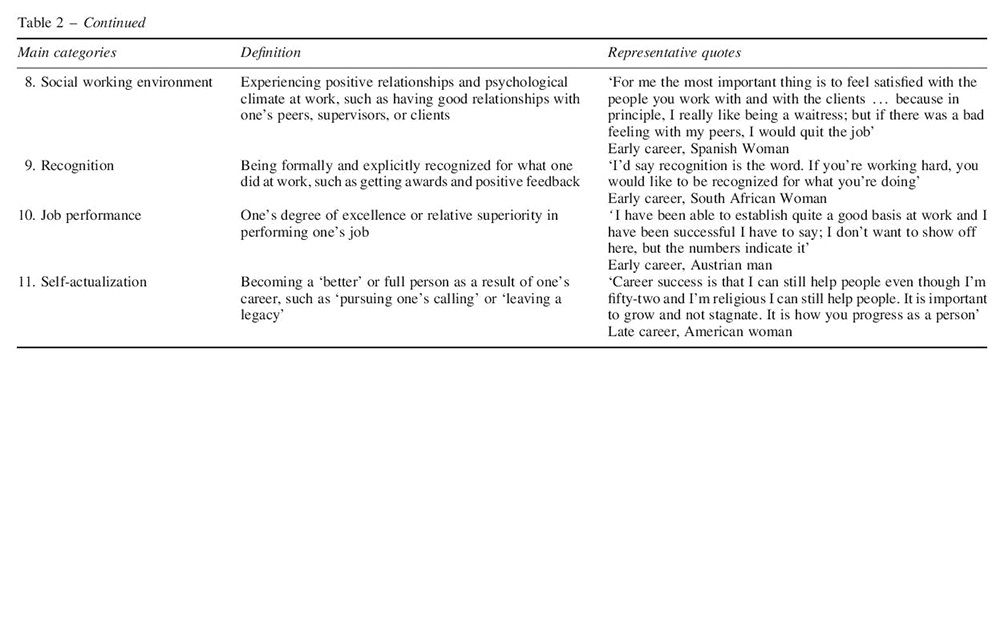
Keywords: #AgenticCareers #CareerSuccess #Cross-culturalComparison #QualitativeStudy
Citation
Y. Shen, B. Demel, J. Unite, J.P. Briscoe, D.T. Hall, K. Chudzikowski, W. Mayrhofer, R. Abdul-Ghani, B. Bogicevic Milikic, O. Colorado, Z. Fei, M. Las Heras, E. Ogliastri, A. Pazy, J.M.L. Poon, D. Shefer, M. Taniguchi & J. Zikic (2014). “Career success across 11 countries: implications for international human resource management”. The International Journal of Human Resource Management. DOI: 10.1080/09585192.2014.962562.
Too much or too little? A study of the impact of career complexity on executive adaptability
Abstract
In today’s turbulent business environment leaders must be able to adapt to rapidly changing circumstances. This study examined the impact of career experience on executive development. It measured the complexity of experience in the careers of 47 high-level executives in a Fortune 100 company and examined its effects on their adaptability. Findings from this study shed light on the relationship between specific career experiences and executive adaptability. Executives who had the experience to serve in an executive assistant role developed higher levels of adaptability. For executives without the executive assistant opportunity, job rotations through different types of roles provided a boost to their adaptability. Three role type changes (e.g., line, staff, or matrix) is optimal; 100 months is an optimal time to spend in each role type. These findings have implications for both research and practice on executive careers and leadership development.
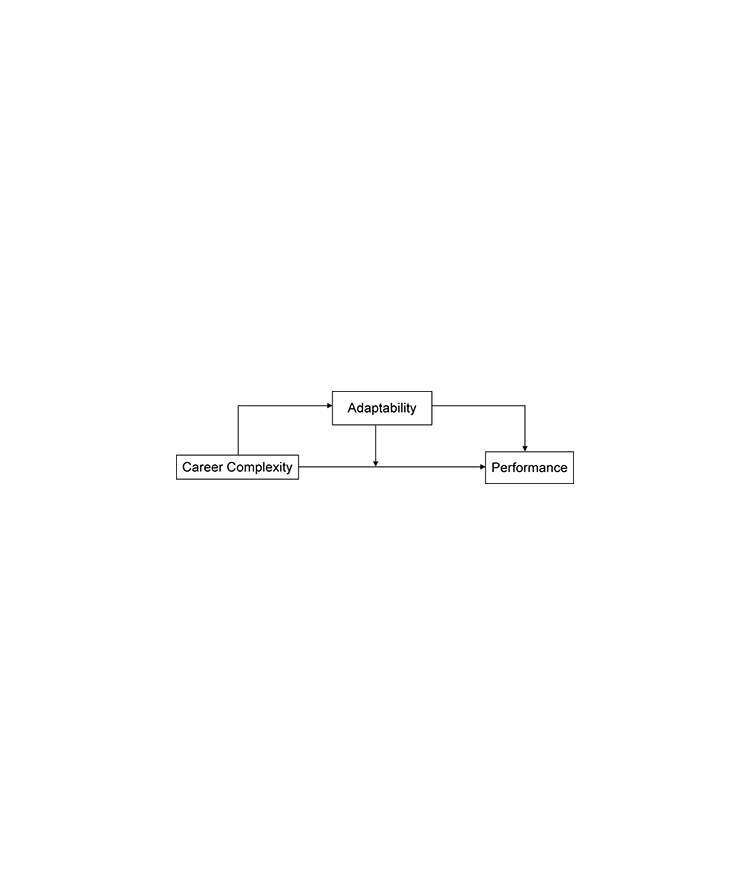

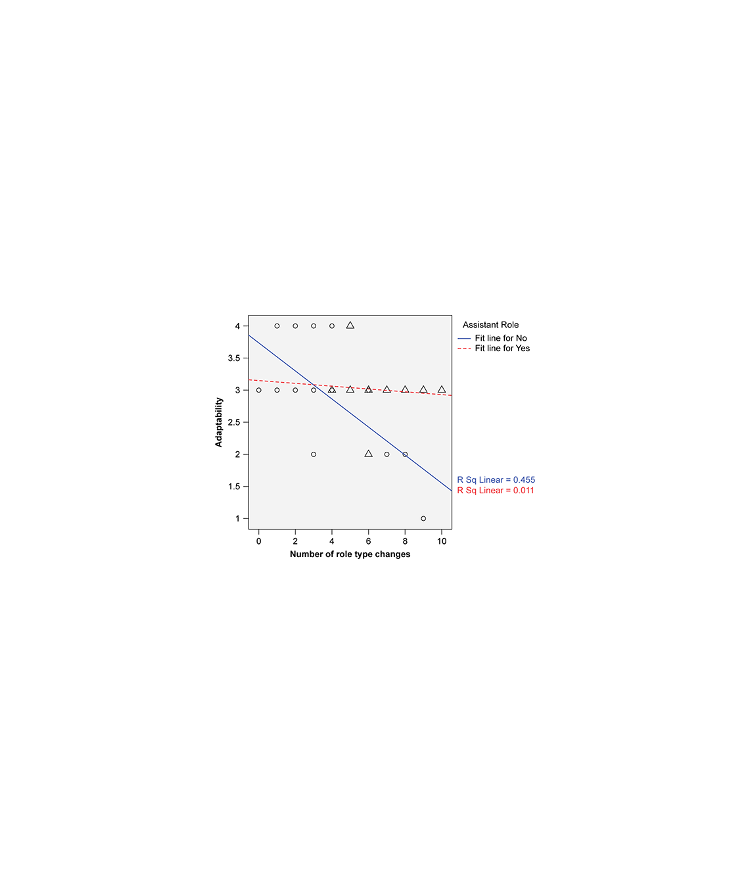
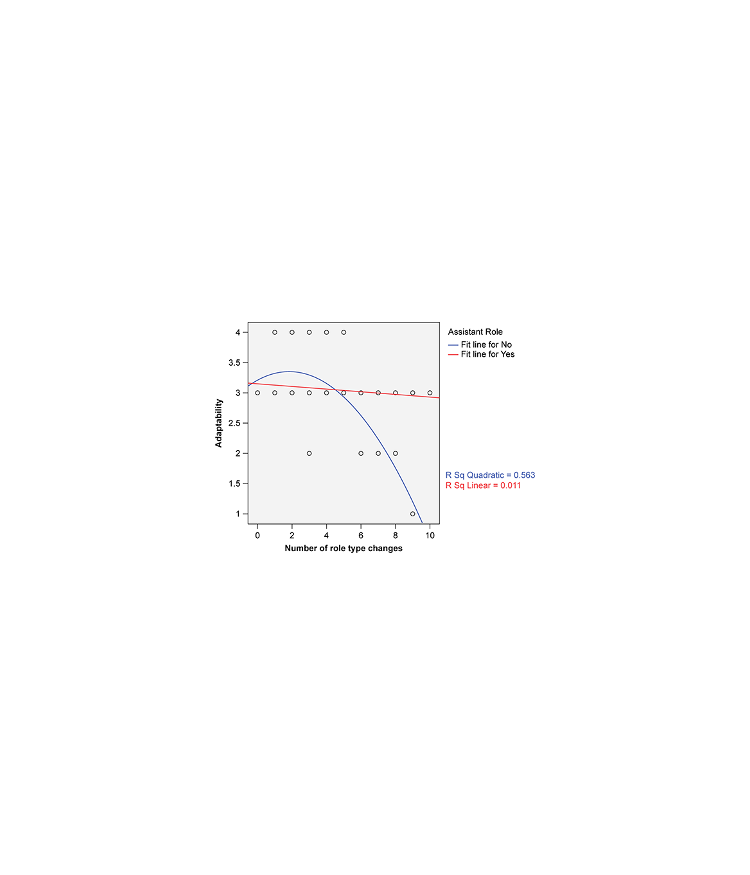
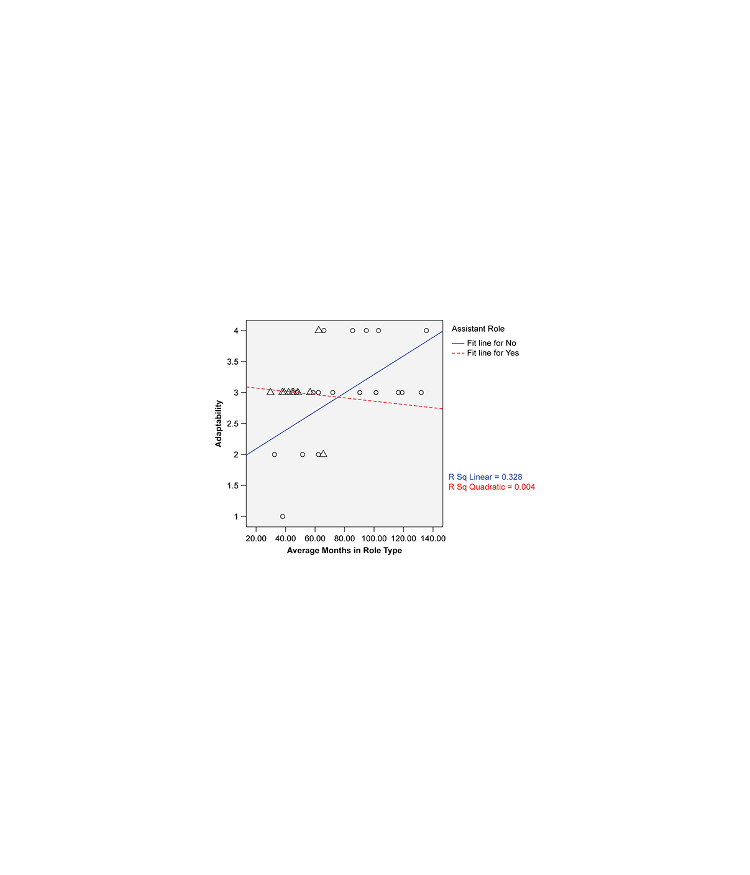
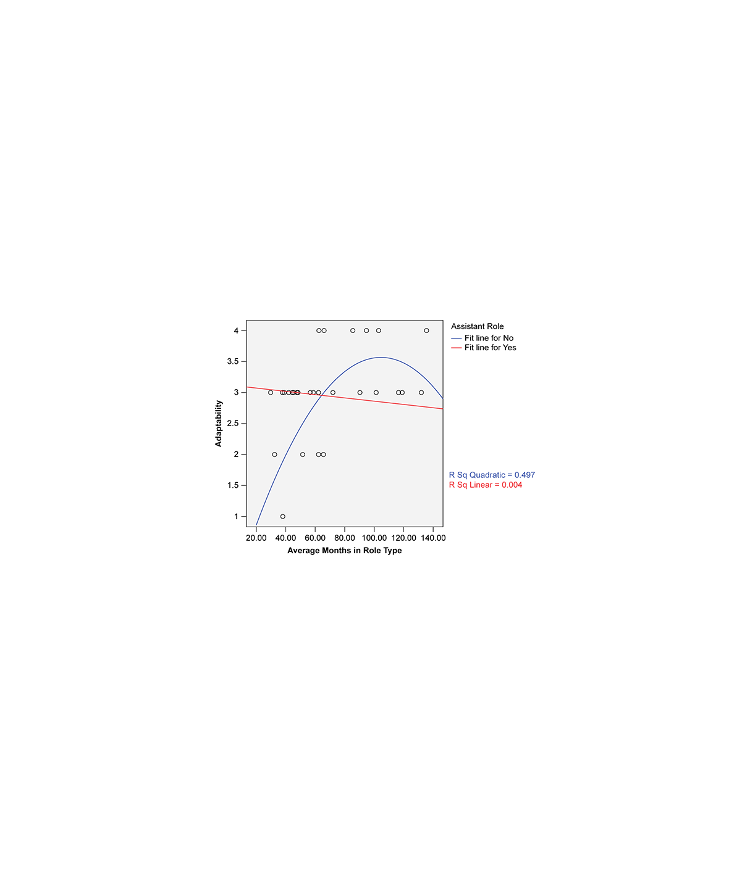
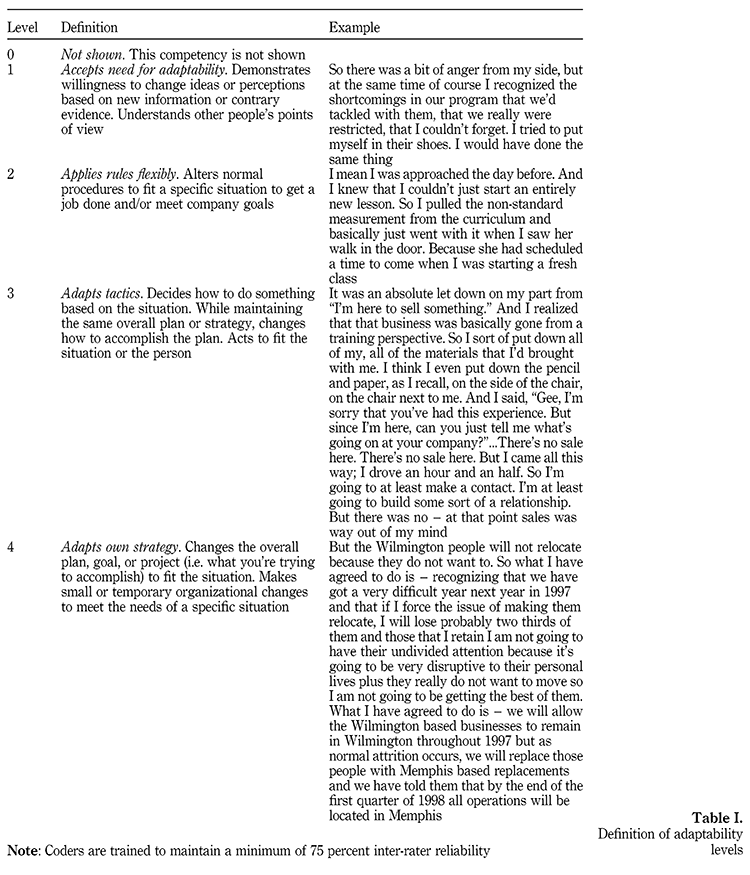
Keywords: #Adaptability #Career #CareerComplexity
Citation
Guorong Zhu, Steve B. Wolff, Douglas T. (Tim) Hall, Mireia Las Heras, Betzaluz Gutierrez, Kathy Kram, (2013). "Too much or too little? A study of the impact of career complexity on executive adaptability", Career Development International, Vol. 18 Iss: 5, pp.457 - 483
Pursuing Career Success while Sustaining Personal and Family Well-Being: A Study of Reduced-Load Professionals over Time
Abstract
This study examines the experiences, over six years, of 73 managers and high level professionals who reduced their workloads to achieve more sustainable career and family outcomes. We compared personal, family, and career success outcomes for people who maintained reduced loads over time with those who went back to full time work, and we found few differences, except for more promotions for the full-timers. To further understand our results, we identified four groups with all four possible combinations of extreme success (either very high or very low) on our two measures of success, objective and subjective.
We labeled the groups as Aligned Achievers, Alienated Achievers, Happy Part timers, and Hard Luck Strivers. Subsequent qualitative analysis of group members’ reflections on the meaning of career success as well as the occurrence of significant life events helped explain the variation in their success in sustaining desired career and life arrangements over time.
Citation
Douglas T. Hall, Boston University; Mary Dean Lee, McGill University; Ellen Ernst Kossek, Michigan State University; Mireia Las Heras, IESE Business School “Pursuing Career Success while Sustaining Personal and Family Well-Being: A Study of Reduced-Load Professionals over Time” Journal of Social Issues, Special Issue.
Reintegrating job design and career theory: Creating not just good jobs but smart jobs.
Abstract
This paper presents new ideas for redesigning jobs and careers in order to make them more productive and fulfilling. We discuss both ‘‘imports and exports’’ between job design and career theory. We introduce and advocate for smart jobs: jobs that can stimulate learning, growth, and employability on the part of the incumbent. We center the discussion around two central questions: (a) what can job design contribute to our understanding of careers; and (b) what can career theory and research contribute to job design?
Keywords: #Careers #SmartJobs
Citation
Hall, D. T., & Las Heras, M. (2010). “Reintegrating job design and career theory: Creating not just good jobs but smart jobs.” Journal of Organizational Behavior, p. 448-462, Volume 31, Issue 2-3.
Career transitions and their causes: A country-comparative perspective
Abstract
This empirical paper investigates how individuals conceptualize causes of career transitions, focusing on the three European countries of Austria, Serbia, and Spain in comparison to the USA and China. Collectively, these countries represent four separate cultural regions according to Schwartz. Semi-structured interviews were conducted with members of three occupational groups: business people, nurses, and blue-collar workers. Analysis of the data generates greater insight about the existence of both region-specific patterns as well as potentially universalistic tendencies regarding perceived causes of career transitions.
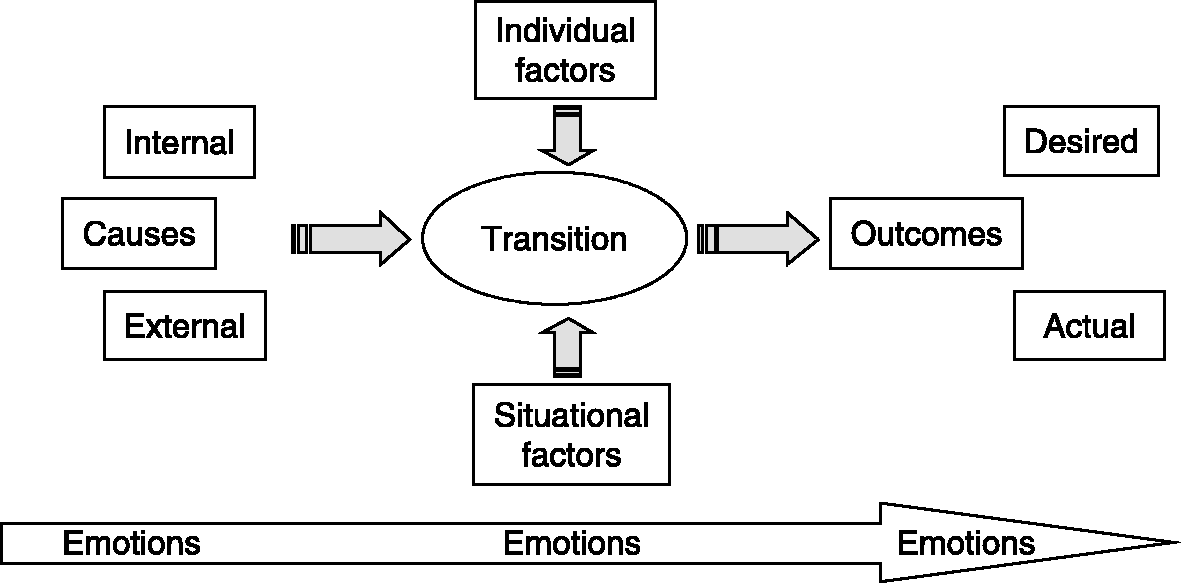
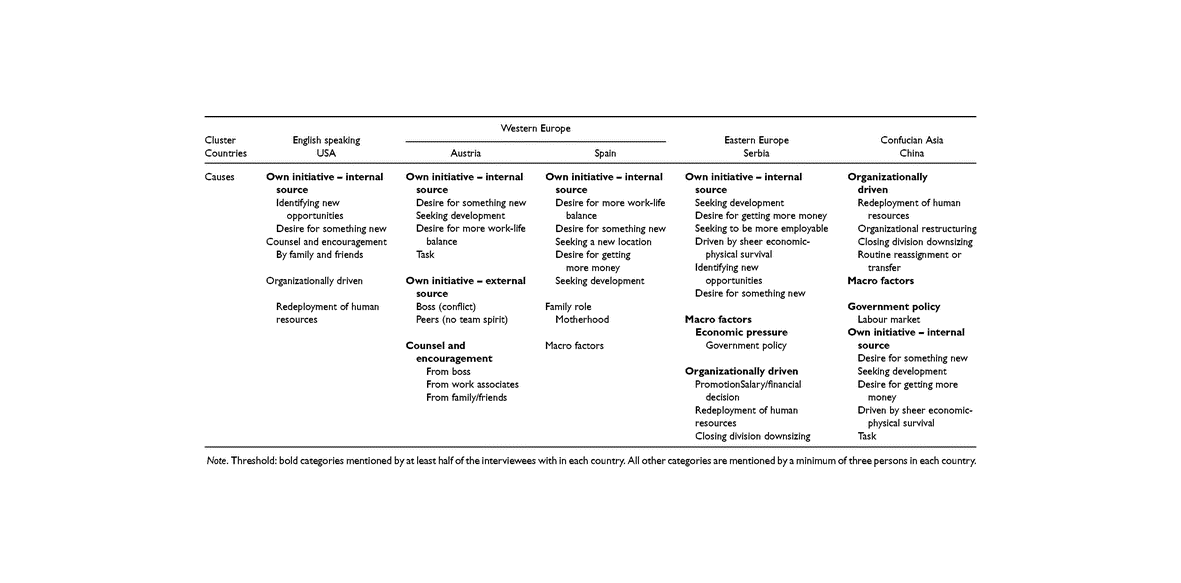
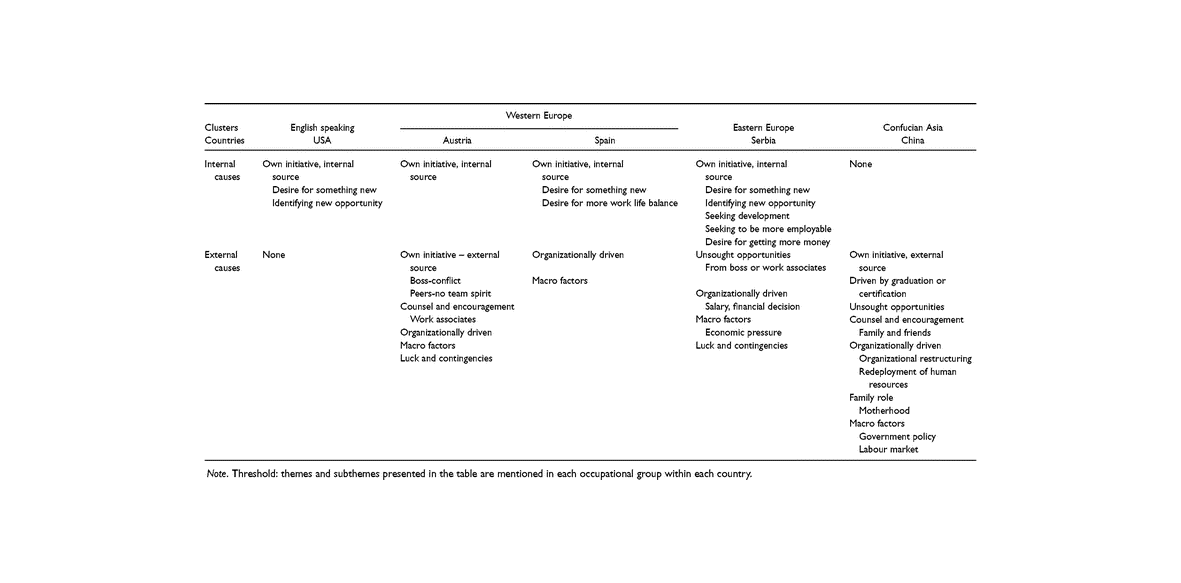
Citation
Katharina Chudzikowski, Barbara Demel, Wolfgang Mayrhofer, Jon Briscoe, Julie Unite, Biljana Bogicevic, Douglas T. Hall, Mireia Las Heras, Shen Yan and Jelena Zikic. “Career transitions and their causes: A country-comparative perspective”. Journal of Occupational and Organizational Psychology (December 2009). Special issue Volume 82, Part 4


